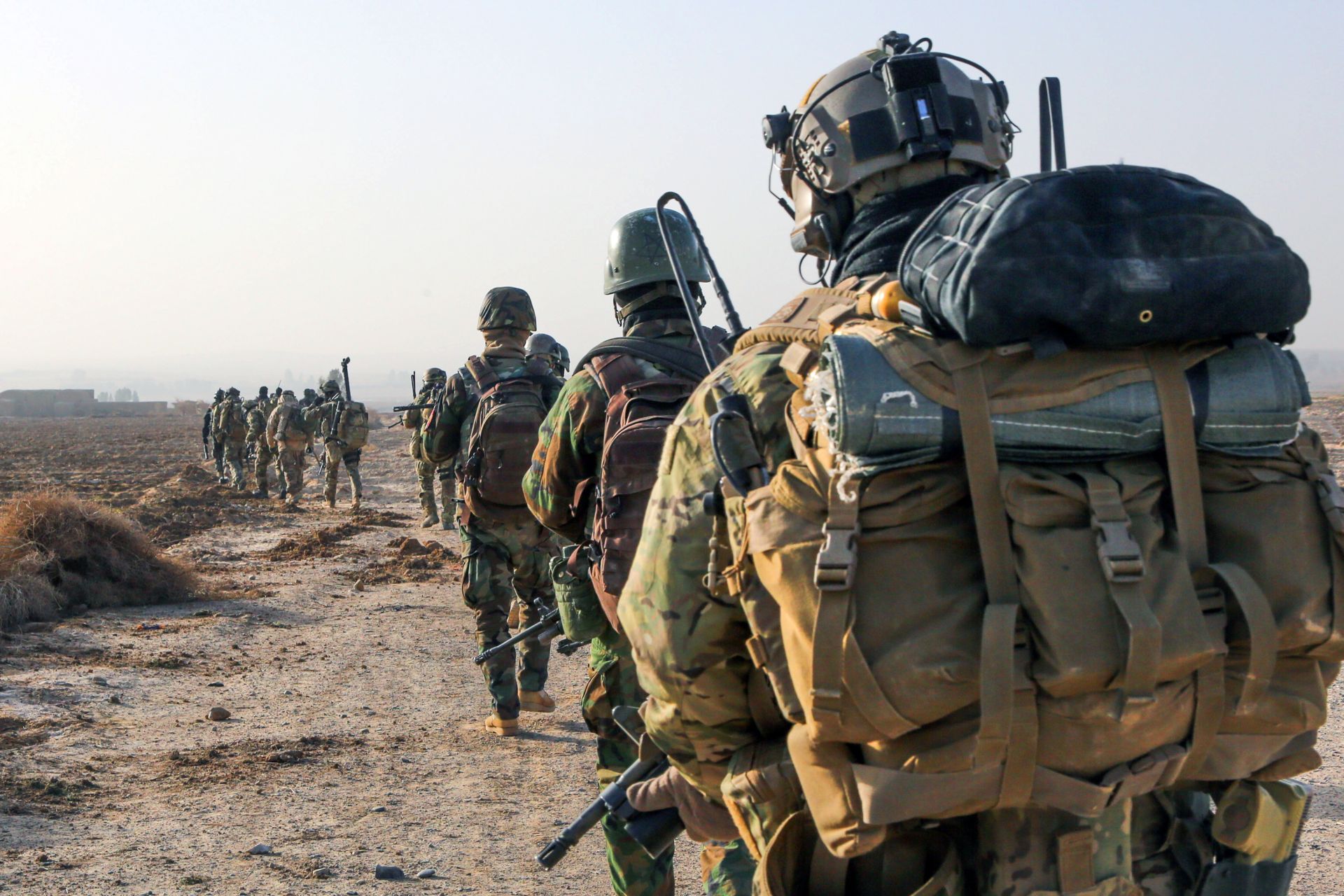By Cletus Ukpong
The 2020 Global Terrorism Index, however, ranked Nigeria, for the sixth consecutive time as the third country with the worst impact from terrorism.
Total deaths from terrorism in Nigeria fell to 1,245 in 2019, a 39 per cent decline, making it the lowest in the country since 2011, according to 2020 Global Terrorism Index (GTI) report.
Terror-related incidents also fell by 27 per cent in 2019, the report said.
The GTI report, which has just been released, on Wednesday, attributed the decline in terrorism deaths and incidents in the country to “a significant reduction in violence attributed to Fulani extremists”.
A similar report by GTI last year said herders killed more Nigerians in 2018 than Boko Haram.
This year’s report, however, ranked Nigeria, for the sixth consecutive time, since 2015, as the third country with the worst impact from terrorism, globally.
Afghanistan is top on the list, followed by Iraq.
Syria, Somalia, and Yemen are ranked fourth, fifth, and sixth respectively.
Others among the 10 countries most impacted by terrorism are Pakistan (seventh), India (eighth), Democratic Republic of the Congo (ninth), and Philippines (10th).
“Despite an overall decline in terrorism, Boko Haram, Nigeria’s deadliest terrorist group, recorded an increase in terrorist activity mainly targeted at civilians. Terror-related deaths and incidents attributed to Boko Haram in Nigeria increased by 25 and 30 per cent respectively from the prior year.
“Over the past year Boko Haram increased attacks on military targets, with deaths rising from 26 in 2018 to 148 in 2019,” the report said.
The report said suicide bombing by Boko Haram fell significantly in 2019, just like the previous year.
“In 2019, Boko Haram carried out 11 suicide bombings causing 68 fatalities. Suicide bombings accounted for six per cent of all terror-related incidents by Boko Haram in 2019, marking an 89 per cent decline from their peak in 2017.”
Female suicide bombing have declined by 96 per cent, the report said. “In 2019, four female suicide bombers carried out two attacks, killing nine,” it added.
According to the report, the worst terrorist attack in 2019 in Nigeria occurred in Badu, Nganzai, Borno State, where at least 70 people were killed and 10 others wounded when assailants attacked a funeral.
One of the key points in the 2020 GTI report is the shift in ISIL-related attacks away from the Middle East to sub-Saharan Africa. “Forty-one per cent of total ISIL-related attacks in 2019 occurred in sub-Saharan Africa,” the report said.
Globally, “deaths from terrorism fell for the fifth consecutive year in 2019 to 13,826 deaths, representing a 15 per cent decrease from the prior year,” the report said.
Dêlidji Degila, senior researcher and adjunct faculty at the Graduate Institute of International and Development Studies, Geneva, said inequalities and extreme poverty fuel terrorism in sub-Saharan Africa.
“Indeed, the inability of the state to assume its sovereign functions provides an environment favorable to the spread of terrorism. This is particularly the case in the Lake Chad basin with Boko Haram operating in the area straddling Nigeria, Cameroon, Niger and Chad,” Degila said.
“In addition, the existence of neopatrimonial practices, corruption and bad governance amplifies the impact of horizontal inequalities and extreme poverty on the spread of terrorism. Another contributing factor is the polarisation by certain elites of identity differences for political purposes.
“In their propaganda, terrorist groups clearly associate religious motivations with their commitment to filling socio-economic gaps and restoring fairer and better governed African states. From this point of view, they are therefore not only violent identity actors and can also offer a politico-ideological label,” he said.
Read the original article on Premium Times.
